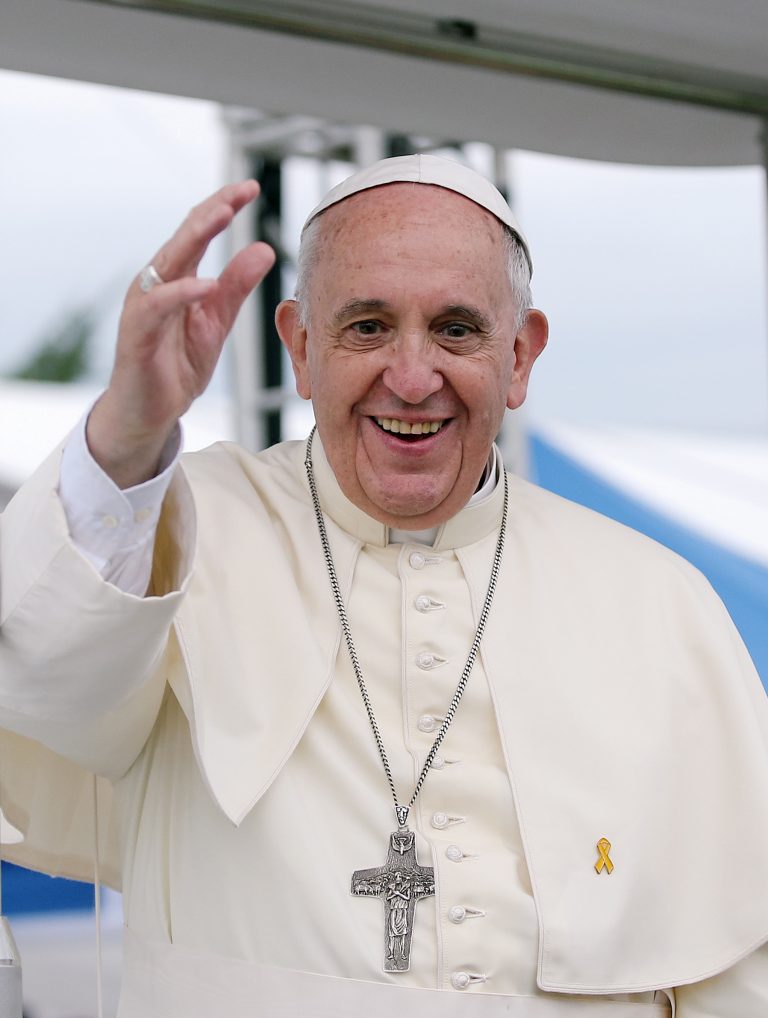The Catholic Church is no stranger to the innerworkings of religion and politics.
At the height of the Roman empire, the office of the pope held nearly as much power as the political powers. The ability to appoint kings rested at their feet and the reach of the Vatican’s power was vast; penultimate
only to God.
Slowly, the papacy lost some of that power, but now Pope Francis is hoping to create a new political alliance. In September, the Vatican conceded some of its power to an atheistic communist state in a historic agreement regarding the nomination of bishops in the church, according to BBC.
The provisional agreement allows the Chinese government to appoint bishops in the Chinese Catholic Church and legitimizes state-sanctioned Catholicism in China by creating ties with
the Vatican.
Moving forward, the Catholic Church is required to receive approval from the Communist Party to appoint bishops in China. The Vatican has handcuffed itself to a government that has had a long, hostile relationship with Christianity. Furthermore, this comes at a time when U.S. officials on both sides of the aisle have spoken out against China’s increasing crackdown on religious liberty. Earlier this month, Vice President Mike Pence said that “When it comes to religious freedom, a new wave of persecution is crashing down on Chinese Christians, Buddhists,
and Muslims.

On the surface, the agreement is a step in the right direction. It increases Chinese exposure to Christianity, which is desperately needed in a nation with one-seventh of the world’s population, but only seven percent who would identify as religious, according to a 2015 Gallup poll.
Additionally, it seems to further religious freedom for Christians
in China.
“It is not political but pastoral, allowing the faithful to have bishops who are in communion with Rome but at the same time recognized by Chinese authorities,” Vatican spokesperson Greg Burke said,
according to NBC.
However, while China allows religious freedom, it comes with a caveat in the Constitution of the People’s Republic of China, which states that they only protect “normal religious activity.” The Chinese government must approve the activity and the place of worship must register for the religious freedom to be protected. The underground churches in China that have not registered with the official Catholic church are not protected.
Intertwining Christianity with communism hurts the gospel. Religion becomes a means to an end, rather than a life-changing encounter with Christ. State-appointed leaders have no real adherence to the gospel, just a nonsensical version that furthers the objectives of
the government.
Pastor Wu Weiqing, senior pastor of Beijing’s
Haidian Church, exemplifies this mindset. “We have to remember first of all we are a citizen of this country,” he said, according to BBC. “And we are citizens of the Kingdom of God. That comes second.”
The Vatican does have veto power over who the Chinese government nominates, but it is fair to ask if those vetoes have any real power. As the Guardian puts it, “Any bishop that is put forward by Beijing will almost certainly be thoroughly vetted to ensure that no matter who is selected, their allegiance will be first and foremost to the Chinese Communist Party.”
Perhaps just as concerning is by allowing the partnership, the Vatican is putting on blinders to China’s ongoing problem of
religious persecution.
A recent report by the Human Rights Watch estimates as many as a million Muslims are held in religious ‘re-education’ camps. And there has been an uptick in protestant persecution. Reports of imprisoned pastors, Bible burnings and destruction of crosses at churches in China grabbed U.S. congressional attention, according
to The Hill.
Though there will be Catholicism in an official capacity partnered with the Vatican, unofficial home churches, other denominations of Christianity and other minority religions are more at risk now than ever.
This partnership is governmental control disguised as religious freedom. The officially atheistic government can effectively control what it could not drive out. As Forbes explains, “New Regulations on Religious Affairs, instituted this February, represented an extension of the party’s attempts to Sinicize religious practice — essentially an effort to secularize religion so that it serves the party’s ends.”
